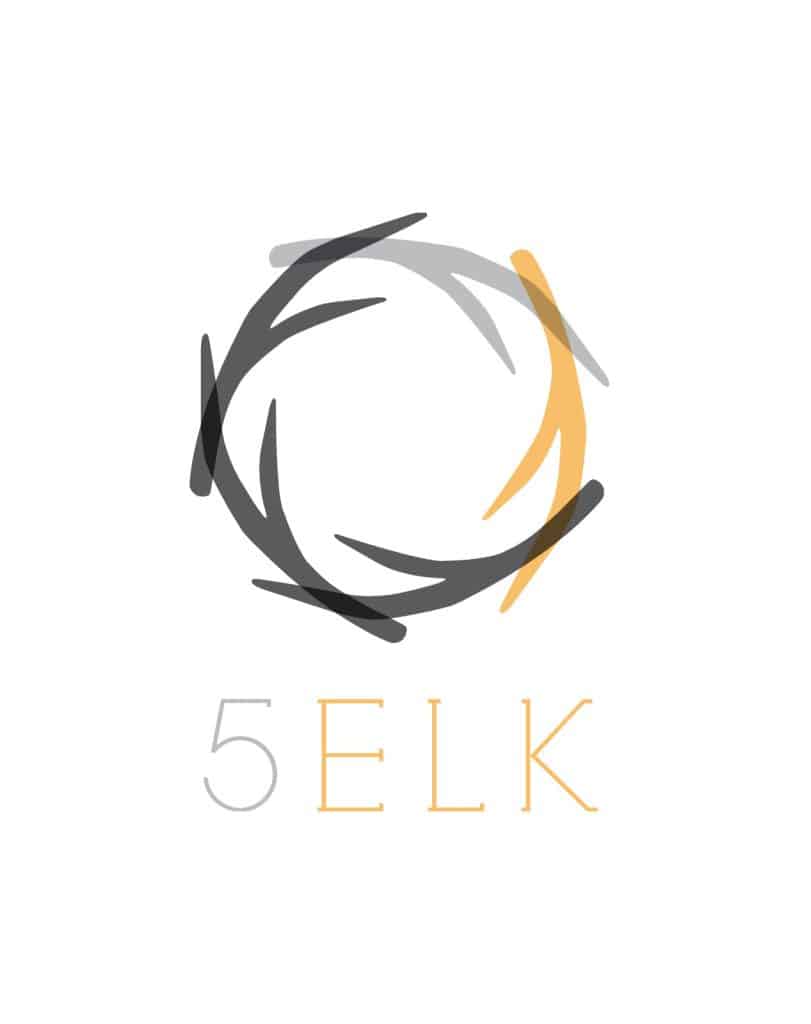Hiring the right teammates can feel like a ‘stab in the dark’. After all, despite candidates’ impressive resumes and well-honed interview skills, it can be tricky to get an insight into what they are really like to work with.
That’s where reference checking comes in. Input from previous employers and other referees is a valuable tool for hirers. Not only will you be able to verify the information provided by your candidates, but if you’re lucky you’ll get some insider info on their work history, skills, and attitudes.
We’ve been talked out of hires many times by insights gained through this process. Many referees provide a thoughtful and balanced view of a potential new teammate, so skip this step at your peril!
So, what types of things should you ask about a potential new hire?
Here are five areas for you to focus on as a starting point:
1. Does the candidate’s resume stack up?
Reference checks allow you to validate their resume and make sure it is a work of fact, not fiction! It is worth confirming job titles, responsibilities, and achievements, as well as qualifications and dates listed.
2. What are they like to work with?
Speaking with former colleagues or supervisors provides a unique perspective on a candidate’s work ethic, interpersonal skills, and overall performance. Understanding how a candidate collaborates with others and handles challenges will make your decision easier. Remember that sometimes what the referee doesn’t say is just as important as what they do!
3. Will they fit in?
Every business has its unique culture, and hiring individuals who align with it is crucial for team cohesion and overall success. Asking questions about their work style and the type of environment they’re best suited to will help you to determine their compatibility with your company’s culture.
4. Are there any red flags?
Reference checks can uncover potential red flags that might not be apparent during the interview process. This may include issues related to reliability, communication, or conflicts in the workplace. Identifying such concerns now can prevent challenges in the future.
5. How are they likely to perform?
Past behaviour is often indicative of future performance. By delving into a candidate’s professional history, reference checks provide a glimpse into how they have handled responsibilities and challenges in the past, helping predict their potential success in the new role.



